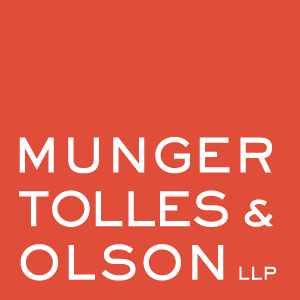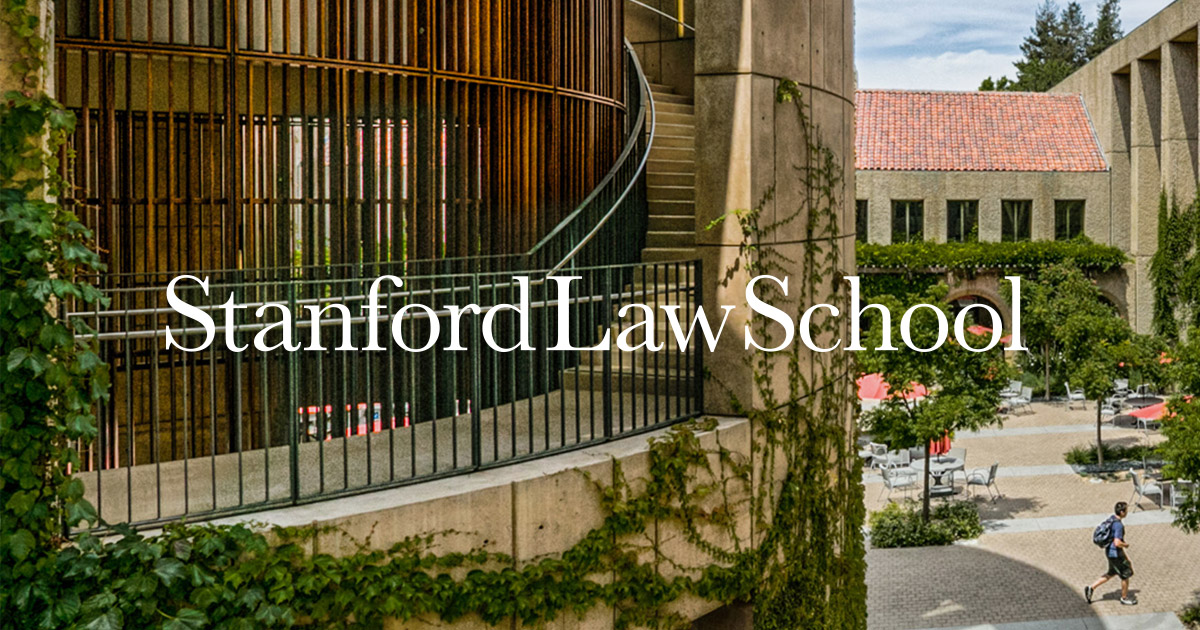Wow...so if a company does not make a profit in trial phase why scale it? So Uber..which took years and years and years to make first profit should have shut down to start with. Google...same thing, should never have pushed forward. Intel..no...stupid idea. Tesla..terrible idea. FSD by Tesla which is a money losing pig right now...yeah shut that down. SpaceX...shut it down.
I agree with you that Waymo is going to focus on the USA at first. I disagree on the mapping, the maps are constantly updated as the vehicles drive and Tesla may very well find themselves using maps. I'd be very careful about making blanket statements such as that.
The only lunacy I see is to assume that Waymo won't have 50k robotaxis. Its clear that's what they plan to launch. It's clear that they go from a to b to c to d, etc etc. They solved FSD first, is it geofenced, yes. However, today you can get in a waymo in phoenix and drive across town. Same thing in San Fran. Austin, LA, and somewhere else coming soon. They plan to offer RT in the top Uber cities in the USA and then see where it goes. I'm bookmarking this post because I'd like to return to it in 2 years and we'll see where things sit. FYI, you sound like the TeslaQ people that said EVs don't work and nobody wanted them and tesla was a scam.
I did not see the original post so I'm not responding that I agree or disagree with it.
But the problem with this response is that there is a difference between a loss due to production at small scale, a loss due to R&D, and a loss due to a structural business plan or cost structure and I think those differences are trivialized in this response.
Rivian is likely in the first category. I think they still have some structural cost issues to deal with, but they should get quite a bit closer to profitability if they can effectively scale enough while continuing to drop production costs. Tesla was initially in this category too.
FSD is obviously a loss (although actually at this point we don't really know if it's losing money anymore) because at it's heart it's an R&D project still in-progress that people pay to have access to while it's in development. In theory, Once Tesla hits (for example) 10x human safety they could immediately stop all development and the incremental cost of its development becomes nearly pure profit from that point on.
But there are some business structures that will lose no matter how much you scale. Uber, for example, requires a human driver to drive the vehicle. If that driver costs $20/hour in pay/benefits, but you can only make $17 an hour from rideshare customers, then you could have a million cars with a million drivers and you're still not going to make a profit.
The argument is really weather the business plan and technology roadmap leads to a cost structure that can lead to profits in the future. Waymo may figure out how to be profitable in various mapped geographies with a certain sensor suite, but if a competitor (FSD for example) gets to the point where it can drive in any city with a much less expensive sensor suite, then no amount of scaling will enable Waymo to survive unless they bring something unique to the table.
That's just an example, but the point is not whether something makes a profit initially--it's whether it shows promise to be profitable in the future.





